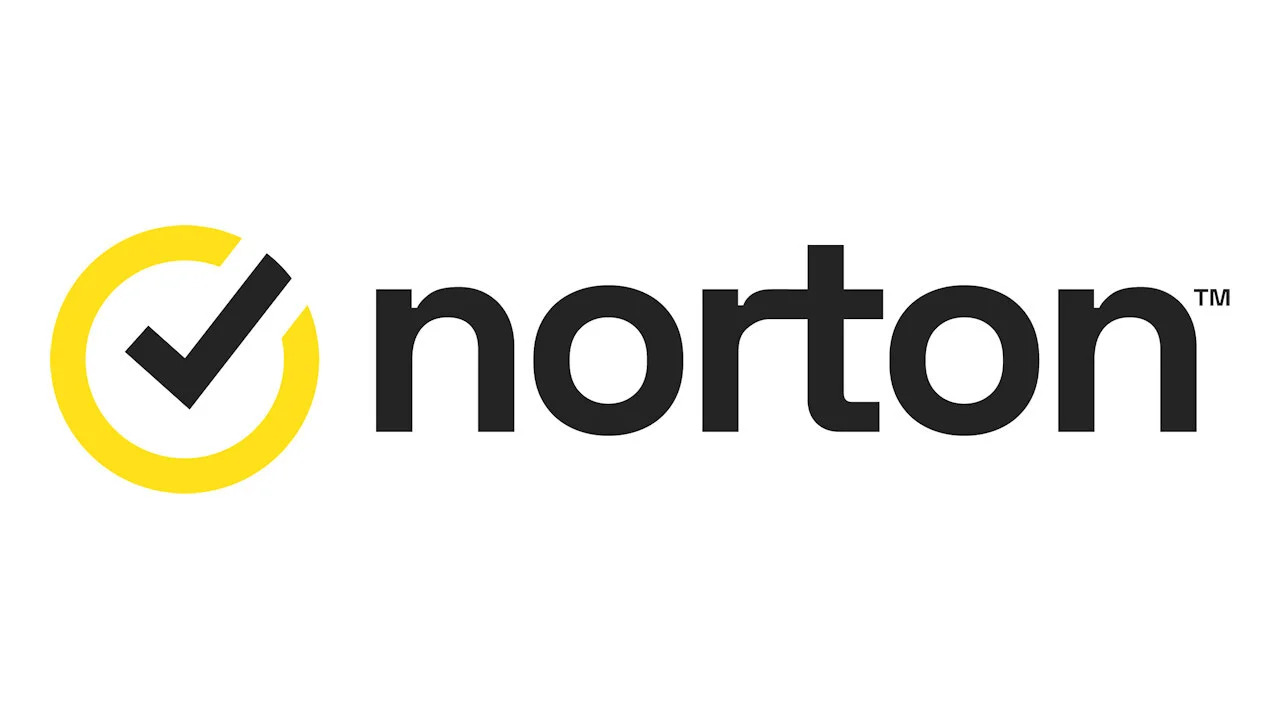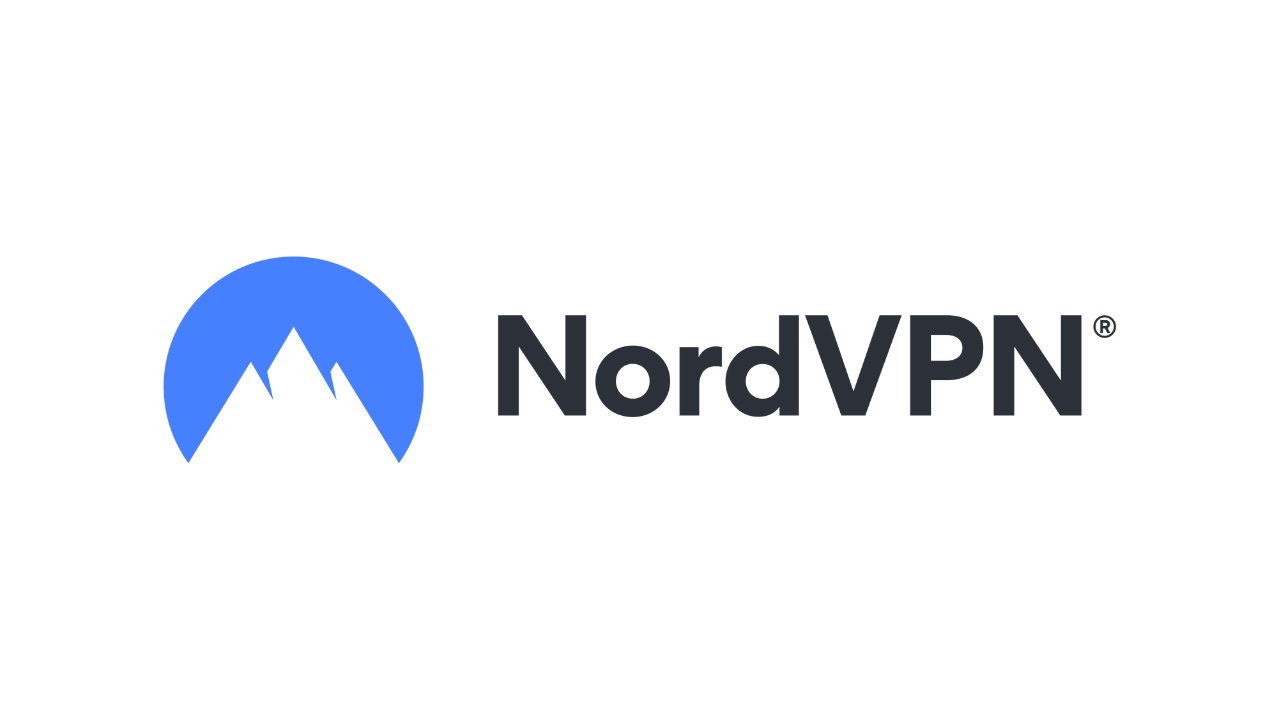Home>Software and Apps>How Does A VPN Protect You From Hackers


Software and Apps
How Does A VPN Protect You From Hackers
Modified: September 5, 2024
Learn how software and apps like VPNs protect you from hackers. Discover the benefits of using a VPN for enhanced online security. Protect your data with a reliable VPN.
(Many of the links in this article redirect to a specific reviewed product. Your purchase of these products through affiliate links helps to generate commission for Techsplurge.com, at no extra cost. Learn more)
Table of Contents
- What is a VPN?
- Encryption: The First Line of Defense
- IP Masking: Hiding Your Real IP Address
- Man-in-the-Middle (MITM) Attacks
- Distributed Denial-of-Service (DDoS) Attacks
- Remote Hacking
- Session Hijacking
- Public Wi-Fi Hotspots
- Phishing Attacks
- Choosing the Right VPN
- Limitations of VPNs
- Additional Tips for Enhanced Security
What is a VPN?
A VPN creates a secure, encrypted connection between your device and a VPN server. This connection masks your IP address, making it difficult for hackers to track your online activities. By routing your internet traffic through a VPN server, you can enjoy a higher level of privacy and security while browsing the internet.
Read more: How To Chromecast From Safari
Encryption: The First Line of Defense
Encryption converts plaintext data into unreadable ciphertext to prevent unauthorized access. When using a VPN, data is encrypted before leaving your device and decrypted once it reaches the VPN server. This ensures that even if your data is intercepted, it remains unreadable to the hacker.
Most reputable VPNs use AES 256-bit encryption, considered virtually unbreakable. Cracking AES 256-bit encryption would take millions to billions of years, making it essentially impenetrable.
IP Masking: Hiding Your Real IP Address
Your IP address acts as your online identifier, revealing your location and potentially exposing personal information. Connecting to a VPN hides your real IP address behind the VPN server's IP address. This makes it challenging for hackers to identify your location or track your online activities.
Man-in-the-Middle (MITM) Attacks
MITM attacks occur when a hacker intercepts data between you and the website or server you're communicating with. This can happen on public Wi-Fi networks, which often use weak encryption standards like WPA2. Hackers can exploit these weak standards to intercept sensitive information like credit card details or login credentials.
A VPN prevents MITM attacks by encrypting all your online activity. Even if a hacker tries to intercept your data, the encryption will render it unreadable. Additionally, since your real IP address is hidden behind the VPN server's IP, the hacker won't know which network you're on, making it harder to target you.
Distributed Denial-of-Service (DDoS) Attacks
DDoS attacks involve flooding a network with unwanted traffic to overload it and make it unavailable. These attacks often target websites, games, banks, and businesses. To launch a DDoS attack, hackers need to know your IP address. By hiding your real IP address with a VPN, you become less susceptible to these types of attacks.
Read more: How To Chromecast From Android
Remote Hacking
Remote hacking involves gaining access to your system through your IP address. Many websites track your IP address, which can be used as a backdoor into your system if compromised. A VPN masks your real IP address, preventing hackers from gaining access to it. This ensures that even if a website is compromised, your IP address remains hidden, making it difficult for hackers to target you.
Session Hijacking
Session hijacking occurs when a hacker steals your session ID, which is used to log in to a site without typing your password every time. A VPN uses encryption to protect your session ID, making it difficult for hackers to steal and use it to impersonate you.
Public Wi-Fi Hotspots
Public Wi-Fi hotspots are particularly risky because anyone can see your activities since they are not coded. However, using a VPN puts your public Wi-Fi into a coded tunnel, making it impossible for anyone to see what you're doing online.
Phishing Attacks
Phishing attacks involve sending you emails or messages that appear legitimate but are designed to trick you into revealing sensitive information. While a VPN can't protect you from phishing attacks directly, it can help by masking your IP address and encrypting your data. This makes it more difficult for hackers to track your activities and launch targeted phishing attacks.
Read more: How To Chromecast From iPhone To Laptop
Choosing the Right VPN
To maximize your protection from hackers, consider these key features when choosing a VPN:
Encryption
Ensure the VPN uses strong encryption like AES 256-bit. This is the standard for most top VPNs and provides excellent protection against data breaches.
Ad Blocker
Some VPNs include ad blockers, which can help block trackers and bad software threats. This additional layer of protection can significantly enhance your online security.
Kill Switch
A kill switch is a feature that ensures you remain protected even if the VPN connection drops. This prevents accidental exposure to the internet without the VPN's encryption.
Read more: How Does Opera VPN Work
Server Location
Opt for a VPN with servers located in multiple countries. This allows you to choose the best location for your needs and can help bypass geo-restrictions.
History and Ownership
Research the VPN's history and ownership to ensure it is not run by data brokers or shady companies. A reputable VPN service will have a transparent history and robust security measures in place.
Customer Support
Look for a VPN with reliable customer support. In case you encounter any issues, having good support can be crucial for resolving problems quickly.
Limitations of VPNs
While VPNs offer significant protection against various cyber threats, they are not foolproof. Here are some limitations to consider:
Encryption Key Theft
If a VPN service doesn't have good security measures in place to secure encryption keys, hackers can gain unauthorized access to these keys. This allows them to decrypt user data even when connected to the VPN.
Account Compromise
Poor password strength and password reuse can lead to account compromise even with a VPN. It's essential to use strong passwords and avoid reusing them across multiple accounts.
Malware Attacks
VPNs don't directly protect against malware attacks. However, some top VPNs now include ad blockers to help protect against pop-ups, trackers, and other threats.
Phishing Attacks
As mentioned earlier, VPNs can't protect you from phishing attacks directly. However, they can make it harder for hackers to track your activities and launch targeted attacks.
Read more: How Does Bitdefender VPN Work
Additional Tips for Enhanced Security
-
Regularly Update Your Software: Ensure all your software, including your operating system and applications, is up-to-date. Updates often include security patches that fix vulnerabilities exploited by hackers.
-
Use Strong Passwords: Use unique, strong passwords for all accounts. Avoid reusing passwords across multiple sites, and consider using a password manager to generate and store complex passwords.
-
Enable Two-Factor Authentication (2FA): Enable 2FA whenever possible. This adds an extra layer of security by requiring a second form of verification, such as a code sent to your phone, in addition to your password.
-
Be Cautious with Public Wi-Fi: Avoid using public Wi-Fi for sensitive activities like banking or shopping. If you must use public Wi-Fi, consider using a VPN to encrypt your data.
-
Monitor Your Accounts: Regularly monitor your accounts for any suspicious activity. Set up alerts for unusual transactions or login attempts to quickly detect potential breaches.
By following these tips and understanding how a VPN works, you can significantly improve your online security and protect yourself from the ever-evolving threats of the digital world.











